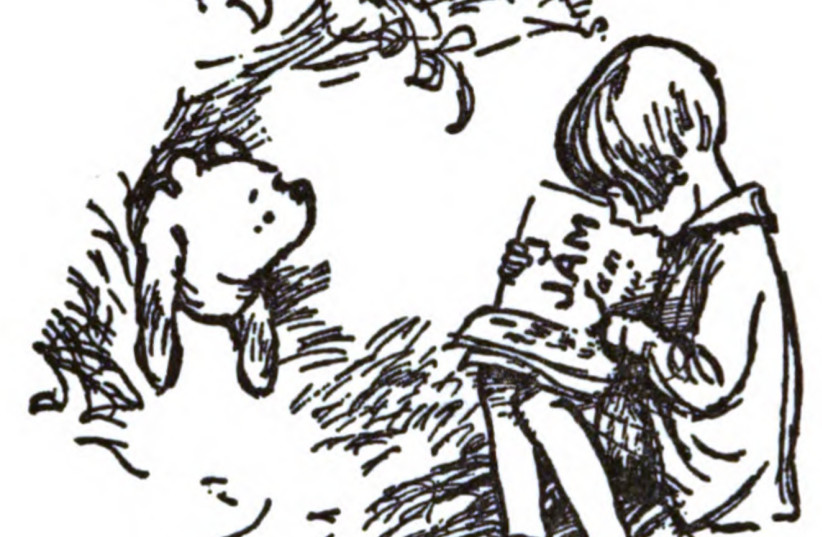"A teddy bear is not just a toy. It can, among other things, help deal with situations such as stress and anxiety and is a [very important] part of childhood," explains Dr. Moran Cohen-Iloz, a developmental psychologist at Clalit Health Services in southern Israel, ahead of Wednesday's International Winnie the Pooh Day celebrations.
Winnie the Pooh Day is celebrated every year on January 18, the birthday of the British author A.A. Milne (1882-1956), who wrote the book. It is customary celebrated worldwide with picnics (featuring lots of honey) and reading the Winnie the Pooh books and watching the films.
Dr. Cohen-Iloz listed several contributions that Pooh and other stuffed animals make to the emotional development of children. By interacting with stuffed toys, she explained, "babies are exposed to different materials and textures, which stimulate their sensory system and expand their sensory [knowledge] and their knowledge of the world."
The developmental benefits of stuffed toys
Specifically, stuffed animals provide stimulation to various sensory systems including vision the due to their colors, and touch through the soft and gentle contact with their skin.

Some toys have rustling or flashing functions, and when the baby activates the function, they are honing sensory-motor skills and learning about their ability to act and influence the world.
Beyond that, it seems that the softness of stuffed toys also has an emotional aspect to it in addition to the sensory experience. According to Dr. Cohen-Iloz, the dolls are often used as a "transitional object," which represents the soothing presence of the parent, and helps the child part from caregivers and go out into the wider world. "The softness and coziness of the toy is a substitute for warmth and closeness to the parent, and allows the child to face the world more independently," she notes.
